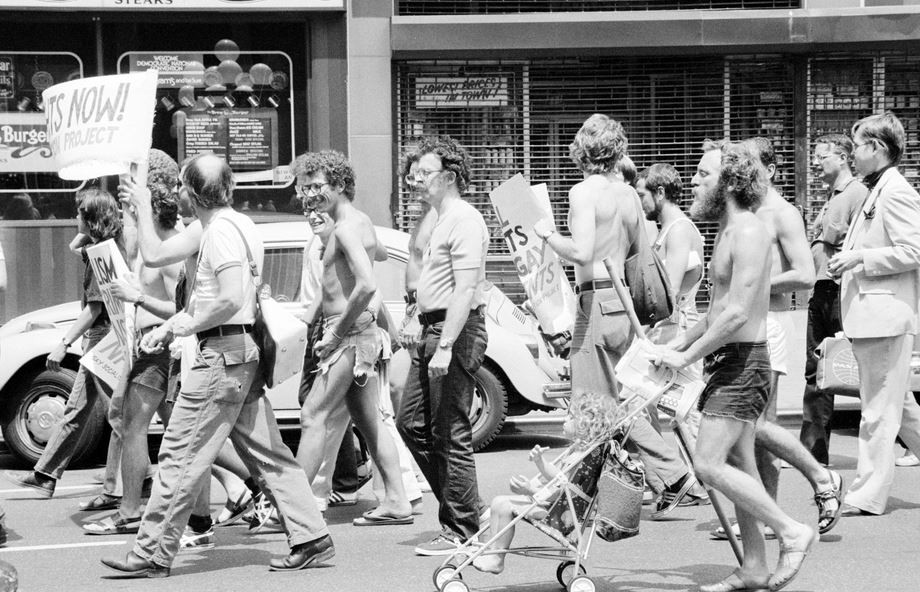Intersectional screenings
Film festival encourages dialogue on racism and human rights
As the March 21 UN Day for the Elimination of Racial Discrimination approaches, a Winnipeg human rights film festival will honour the occasion.
On March 19, the Manitoba Association for Rights and Liberties (MARL) will be presenting the M21 Human Rights Film Festival, in partnership with the Multiculturalism Secretariat of Manitoba.
The 6th annual festival will feature a range of human rights-themed films, from the story of a little mosque traveling to the north, to a history of Winnipeg’s LGBT rights victories, refugees’ experiences in Europe, and more. It will also include panel discussions.
“Film is a really great way to be able to communicate a really complex message in a way that’s palatable for people,” Michelle Falk, executive director of MARL, says.
“There’s so many documentaries that change people’s lives, and they find out about an issue that they never knew about before, and it can be very inspirational.”
For Falk, human rights goes beyond documents such as the Charter of Rights and Freedoms and the UN Universal Declaration of Human Rights, to encompass how we treat each other on a daily basis. Human rights are “rarely a black and white issue.”
“There’s always these instances where two people’s rights are competing, and depending on, you know, your time and location, and your historical context and stuff like that, rights could be very different,” Falk says.
“So, it’s very fluid. And so critical dialogue is the best way to kind of navigate those murky waters.”
The “M21” in the film festival’s title refers to March 21, the United Nations International Day for the Elimination of Racial Discrimination. Locally, racism towards Aboriginal people became a hot topic after a January 2015 story in a national magazine called Winnipeg the most racist city in Canada. However, it is not an issue that can be addressed in isolation.
“There’s so many interlocking factors that have to do with that, so we can’t talk only about race without implicating gender, and class, and all those other factors that go into someone’s sociopolitical identity,” Falk says.
For Dr. Jennifer Clary-Lemon, a professor in the rhetoric, writing, and communications department at the University of Winnipeg, the problem of racism starts with the concept of human races, which is not a biological reality.
“Race is an invented construct. It’s something that people believe to be true, but ultimately is something that communities make up to justify particular actions,” Clary-Lemon says.
“So we talk about processes of racialization. How people, through institutionalization, through language, become racialized, and benefit or suffer because of those differences.”
Clary-Lemon feels that local films can challenge the discourse around race, but this is not enough to create a post-racialized world.
“I think the bigger problem is that these messages are not making it out through contemporary popular film. I’m sure you’re aware of the #OscarsSoWhite hashtag, for example.”
She also sees watching films as a passive activity, whereas active dialogue is needed.
“I think it’s problematic that we’re not having those discussions on a regular basis and in a variety of forums.”
With its panel discussions, the M21 Festival aims to be one such forum.
Published in Volume 70, Number 24 of The Uniter (March 17, 2016)








